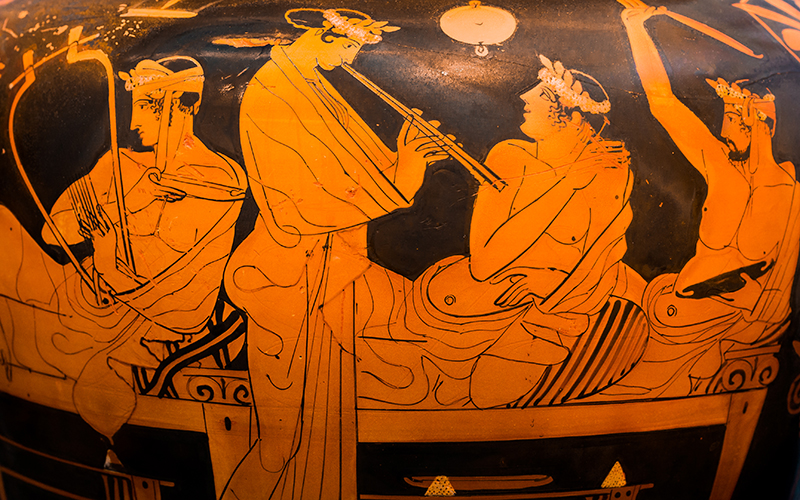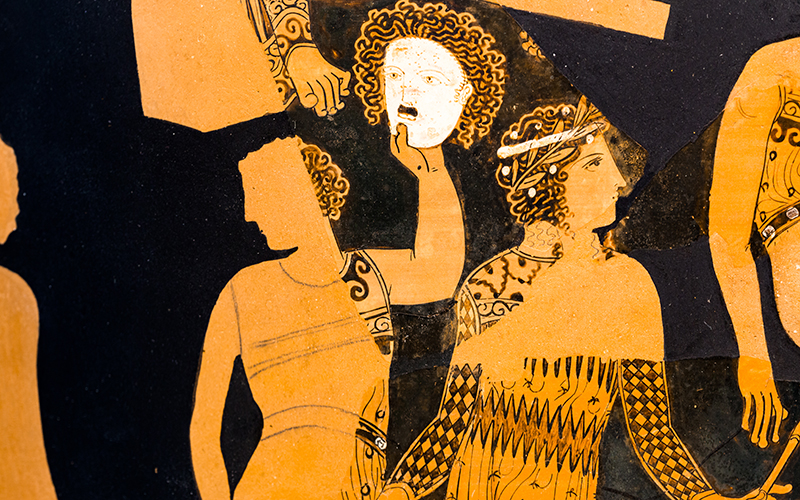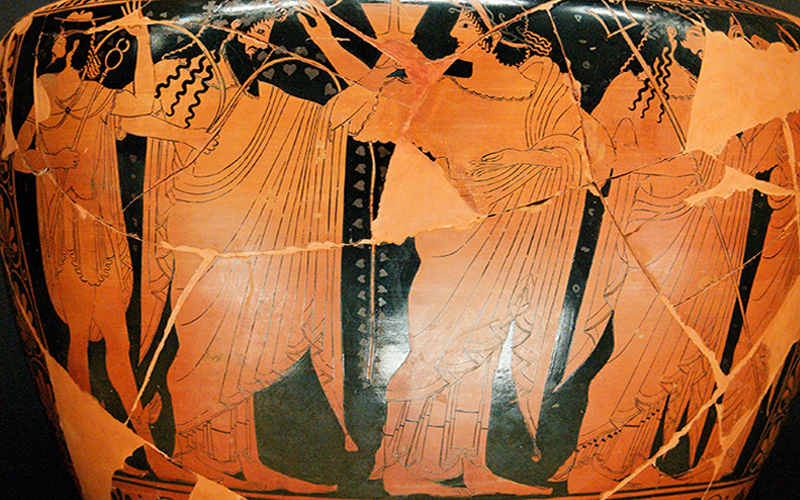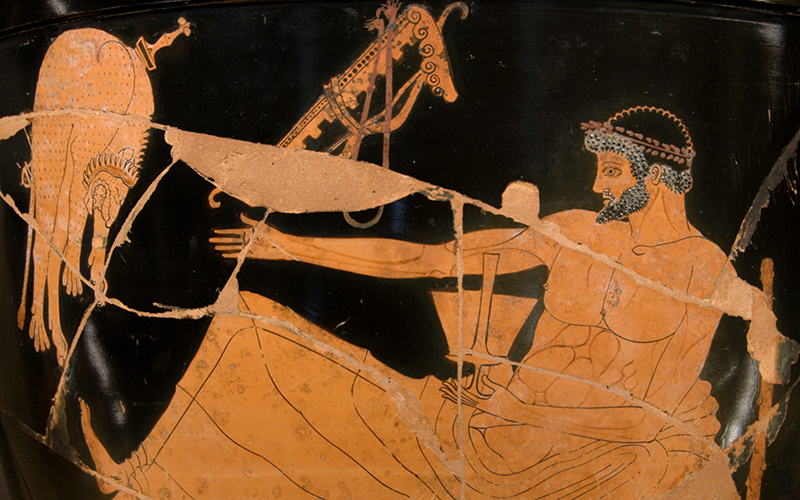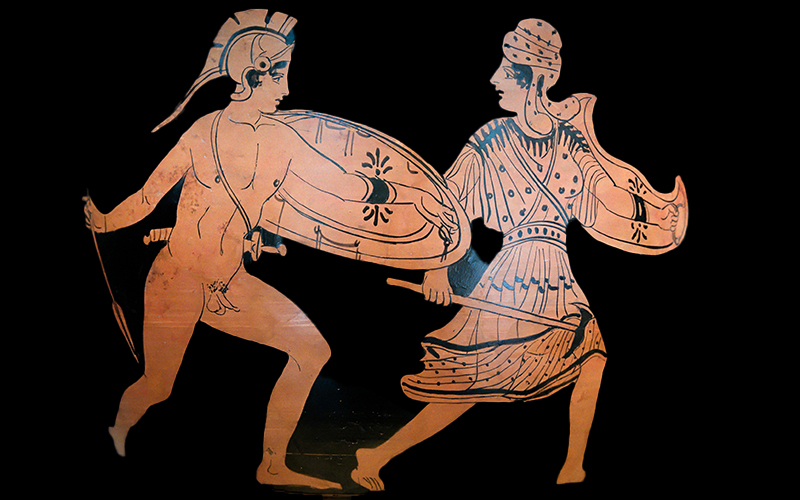




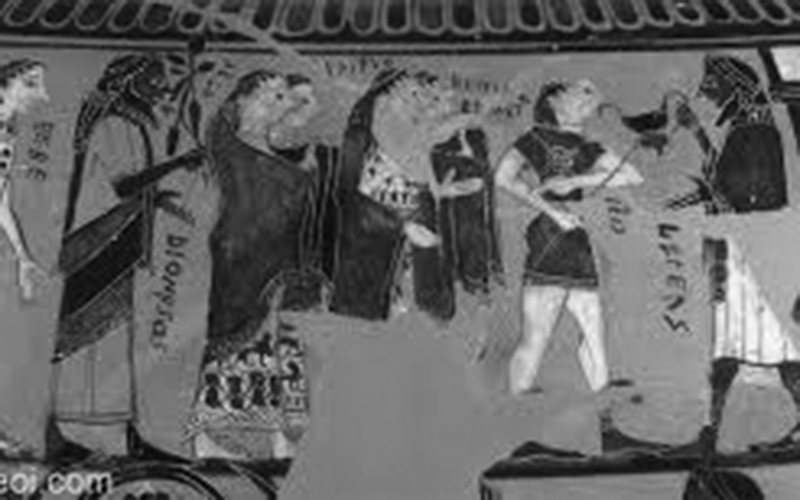
Athena’s Words in Orestes' Trial Outrage Athenian Women—The Acropolis Remains Silent
Athenian women took to the streets after Goddess Athena’s remarks during Orestes' trial at Areopagus. While the women demand an explanation, the Acropolis remains silent.
As many will recall, King Agamemnon of Mycenae had sacrificed his daughter Iphigeneia at Aulis, following the prophecy that it was the will of Goddess Artemis to ensure fair winds for the Trojan Expedition. However, upon his return from the war, he was murdered by Queen Clytaimestra. Clytaimestra justified her act as vengeance for her daughter’s sacrifice.
Years later, Agamemnon and Clytaimestra’s youngest son, Orestes, returned to Mycenae as a grown man. With the help of his sister Electra, he killed his mother and her lover Aigisthos. However, he was then haunted by the Erinyes, who relentlessly pursued him across the land.
Orestes was eventually tried at Areopagus and acquitted. Yet, it was Athena’s words during the trial that enraged certain Athenian women, driving them to protest.
Athena’s Verdict Causes Uproar
When the trial resulted in a tie, Athena cast her deciding vote in favor of Orestes, shifting the outcome:
"No woman gave birth to me, and so I stand with men in all my heart. It does not concern me in the slightest that a woman was killed for slaying her husband."
— (Aeschylus, Oresteia Trilogy)
Her statement ignited protests among some Athenian women and certain civic groups, who have now publicly condemned Athena. The protesters demand that Athena issue an apology to all Athenian women. However, the Goddess of Wisdom, who is also the protector of Athens, has remained silent since the trial. The Acropolis gates remain firmly shut, as all eyes turn toward Athena for a response.
Women’s Rights Group “The Purple Column” Calls for Action
The women’s civic group “The Purple Column” has declared that they will keep the issue in the public eye until Athena provides an explanation. They have also announced an upcoming march from Agora, along the Panathenaic Way, toward the Acropolis, calling on all Athenian women to join them.
This is not the first time that women’s voices have been silenced in Athens. A similar controversy arose during Pericles’ funeral oration for the fallen warriors of the Peloponnesian War. While some women objected to his speech at the time, their protests were dismissed on the grounds that Athens needed unity during wartime. Those who persisted in their criticism were even accused of harming the city’s morale.
